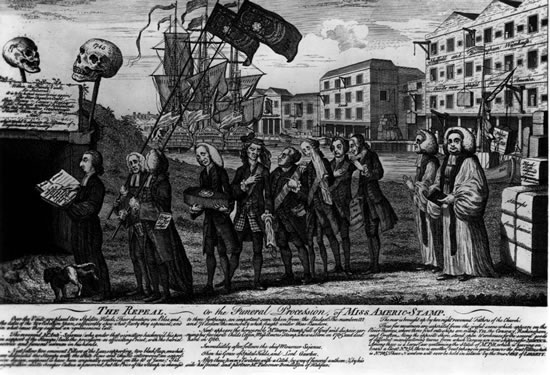
Despite the repeal of the Stamp Act, Parliament still needed to recover the money required to finance the French and Indian War. Tension between the British and Americans grew even more intense when Parliament passed the 1767 Townshend Act. The Townshend Act authorized Parliament to issue a new set of taxes on in demand imports such as glass, lead, paint, paper and tea. Parliament also reduced the number of British troops in America, but shifted the financial burden of accommodating the soldiers to the colonies. The Massachusetts General Court once again led opposition by promoting the nonimportation of British goods (boycott). Royal officials in America became enraged and ordered the Massachusetts General Court dissolved. The Royal Governor of Massachusetts, Francis Bernard, sent secret messages to Parliament to send troops to Boston from Halifax, Nova Scotia. In 1768, two regiments of General Thomas Gage's infantry were sent to Boston to restore order. 600 soldiers began patrolling the streets of Boston. Colonial militia groups united and an uprising seemed likely. Although nothing happened immediately, colonists continued to boycott British goods and British soldiers continued patrolling the streets of Boston. |